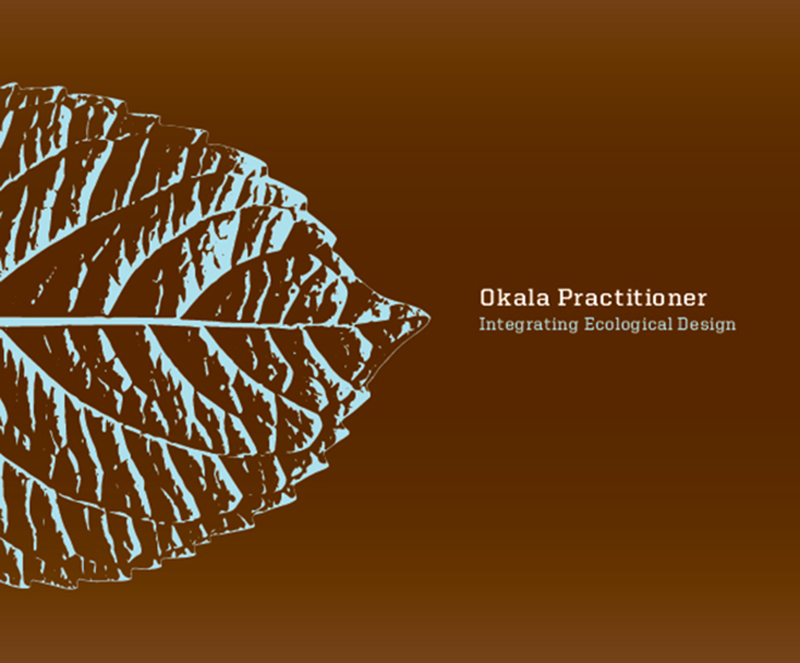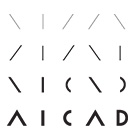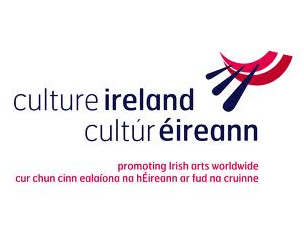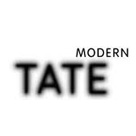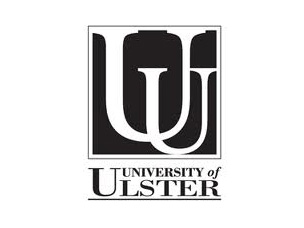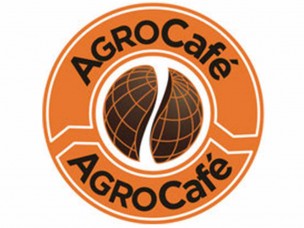The Okala Ecological Design collaborative research project was initiated in 2001 by three faculty from across North America: Philip White, Louise St. Pierre, and Steve Belletire. The impetus was to provide curriculum materials to educators who were too pressed for time to research the content essential to teaching sustainable design. At the time, practices and even the issues of sustainable design were relatively unknown.
The project has evolved through years of insights based on ecodesign research, workshops, design consultations, extensive discussion and team collaboration over several editions. There is also a quick app that guides designers through the Okala Strategy Wheel, published by Autodesk.
The recently published edition is a desktop reference for designers, called Okala Practitioner. Okala Practitioner details systemic tools such as the Ecodesign Strategy Wheel and Life Cycle Assessment (LCA). These tools help designers see the holistic implications of decisions, and manage a depth of information to steer their work towards ecologically responsibility. Key to the Okala materials are methods that support calculation of environmental impacts during the design process, rather than waiting until the end. This allows for informed decision-making during design development. Supplementary chapters include the science of LCA, specific design strategies such as biomimicry and social change, ecology for designers, and the challenge of resolving social inequity.
Background to the Okala Project
As a way to honor the indigenous traditions of respecting our natural environment, the project is named “Okala”, which means “life sustaining energy” in the Hopi language.
This project was developed to address the gap of understanding between ecology and design. At the inception of the Okala Project in 2001, ecological design was little understood and rarely taught in design schools.
Initially, a partnership with the IDSA and the EPA provided funding and supported a focus on educating industrial designers and design students about reducing environmental impacts of products and systems. In 2004 Okala : Learning Ecological Design was printed and distributed to more than fifty schools internationally, along with supporting digital presentations, free of charge. This spurred curricular change in many industrial design programs. In 2007 and 2009 revised editions of the Okala guide were published and distributed through IDSA. Okala 2009 was also translated and distributed in France by Pôle éco-conception, France’s national center for ecodesign and life cycle management.
Okala has influenced sustainable design practices at businesses and educational institutions around the world, among which number Stanford, RISD, CCA, ASU, Pratt, Aalto University, UC Berkeley, UC Davis, WWU, Otis College, UW, OCAD, Art Center, Nottingham Trent University, University of Cape Town and many others.
